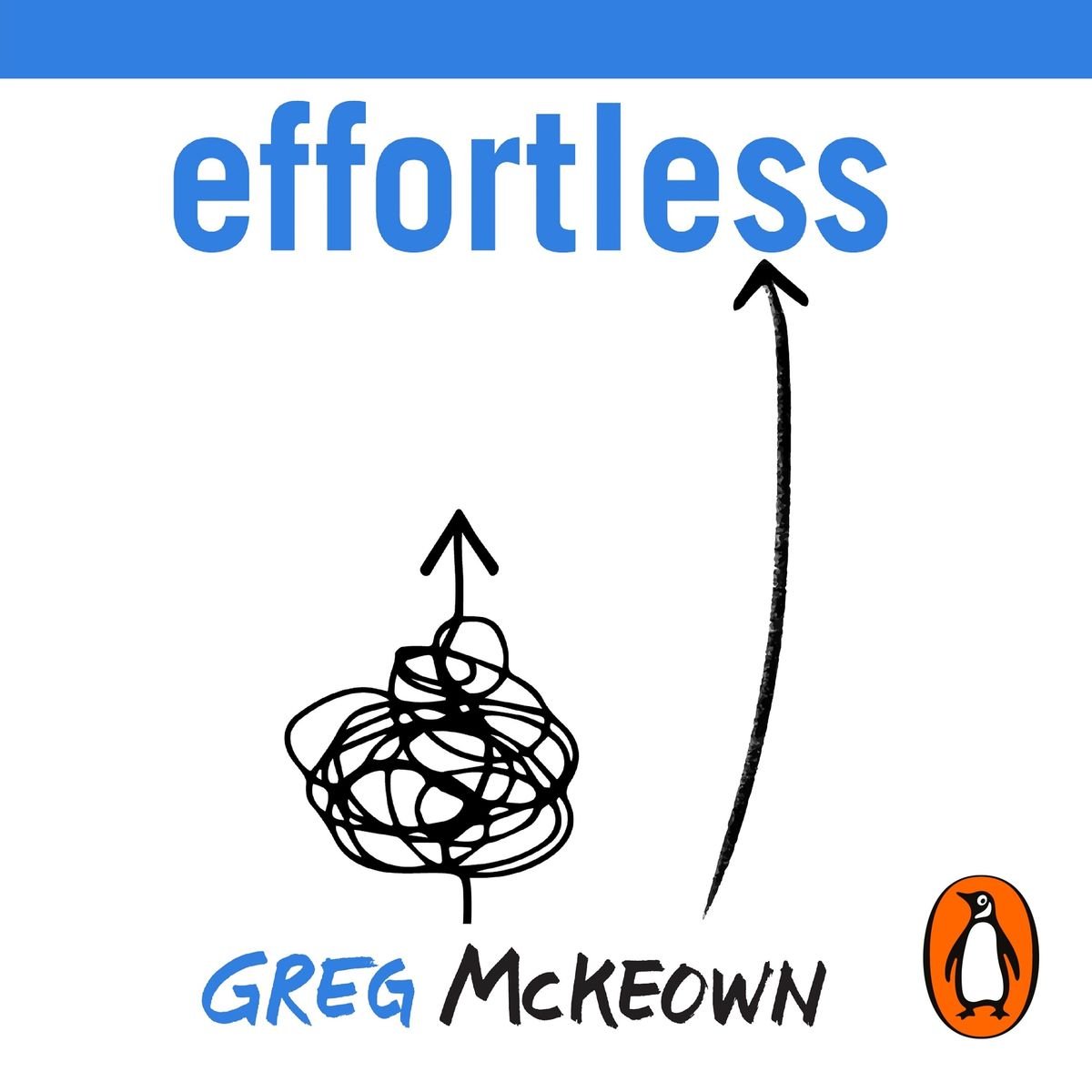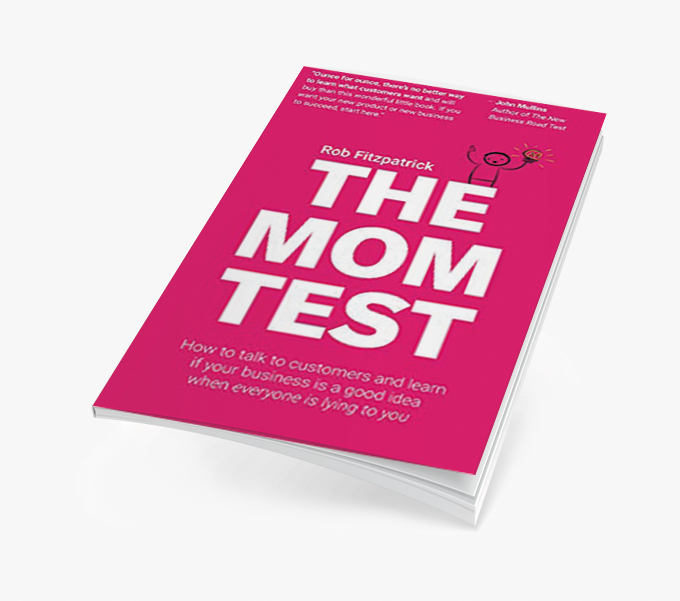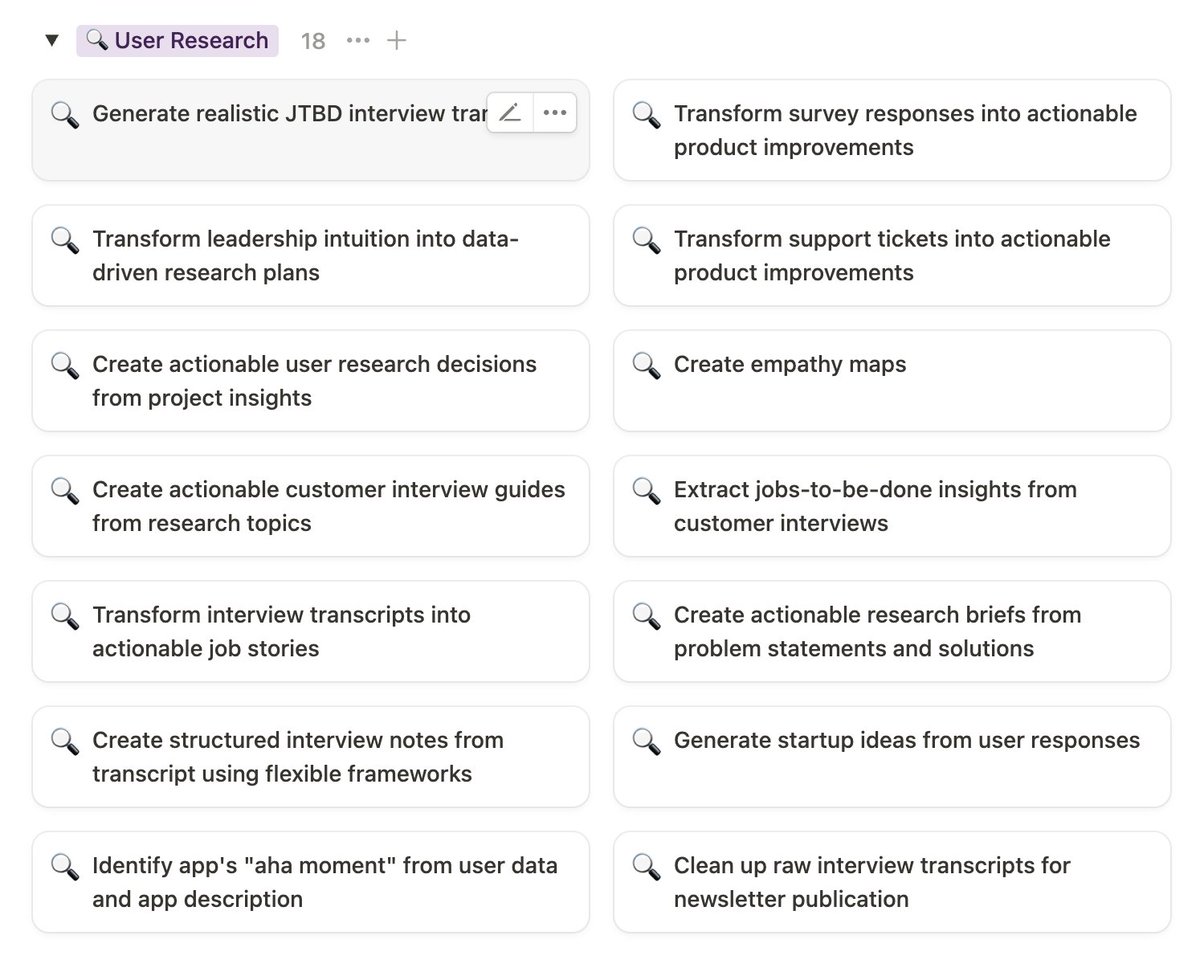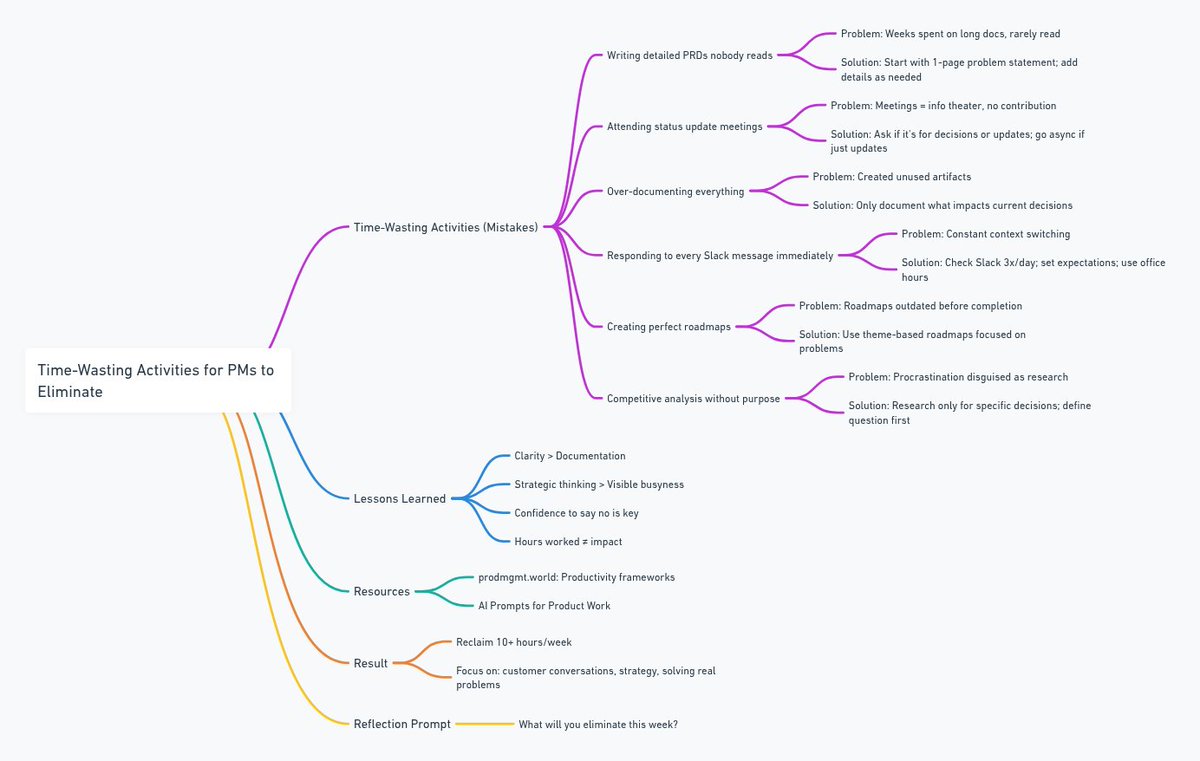After studying high-performing PMs for years, I noticed something strange:
The most impactful product managers often do LESS than their peers.
They write shorter docs. Hold fewer meetings. Create simpler processes.
They've mastered making impact look effortless.
Here's how:
The most impactful product managers often do LESS than their peers.
They write shorter docs. Hold fewer meetings. Create simpler processes.
They've mastered making impact look effortless.
Here's how:
I spent my first 3 years as a PM writing 30-page PRDs no one read and creating complex processes no one followed.
I thought "good product work = hard product work."
But what if the opposite is true? What if making it harder actually reduces your impact?
I thought "good product work = hard product work."
But what if the opposite is true? What if making it harder actually reduces your impact?
Greg McKeown in his book Effortless suggests we ask: "Why is this so hard?" followed by "What if this could be easy?"
This simple inversion challenges everything in product culture.
Every time you feel you're pushing a boulder uphill, that's your cue: there's probably an easier path.
This simple inversion challenges everything in product culture.
Every time you feel you're pushing a boulder uphill, that's your cue: there's probably an easier path.

Principle 1: Define exactly what "done" looks like.
Vague goals = endless work.
Bad: "Create a comprehensive product strategy"
Good: "A 1-page strategy document with 3 clear objectives, approved by leadership by Friday"
What's your current "done" definition?
Vague goals = endless work.
Bad: "Create a comprehensive product strategy"
Good: "A 1-page strategy document with 3 clear objectives, approved by leadership by Friday"
What's your current "done" definition?
Principle 2: Take the minimum viable action.
Steve Jobs walked to a whiteboard and drew a rectangle.
"Here's the new application. You drag your video into the window. Then click BURN. That's it."
What's the simplest version of your current project?
Steve Jobs walked to a whiteboard and drew a rectangle.
"Here's the new application. You drag your video into the window. Then click BURN. That's it."
What's the simplest version of your current project?
Principle 3: Start from zero, not from complexity.
Most PMs start with everything possible, then try to cut back.
Elite PMs start with nothing, then add only what's essential.
"What's the minimum number of steps required for completion?"
Most PMs start with everything possible, then try to cut back.
Elite PMs start with nothing, then add only what's essential.
"What's the minimum number of steps required for completion?"
Principle 4: Embrace the "zero draft" approach.
Don't start by trying to write the perfect PRD.
Start by writing a terrible one. The "zero draft" - so bad it doesn't even count as a first draft.
This breaks the paralysis of perfectionism.
Don't start by trying to write the perfect PRD.
Start by writing a terrible one. The "zero draft" - so bad it doesn't even count as a first draft.
This breaks the paralysis of perfectionism.
Principle 5: Establish upper AND lower bounds.
"Never less than X, never more than Y"
Example:
- Never less than 3 customer conversations per week
- Never more than 15 customer conversations per week
What's your sustainable pace?
"Never less than X, never more than Y"
Example:
- Never less than 3 customer conversations per week
- Never more than 15 customer conversations per week
What's your sustainable pace?
I get it. You're thinking: "Our product is complex, so our processes need to be complex too!"
I thought the same until I noticed something:
The most complex products often have the simplest PM processes behind them.
Complexity requires clarity, not more complexity.
I thought the same until I noticed something:
The most complex products often have the simplest PM processes behind them.
Complexity requires clarity, not more complexity.
"But my stakeholders expect comprehensive documentation!"
Reality: They want their needs met, not documentation for documentation's sake.
Try this: Next time, deliver a 1-page summary instead of a 20-page PRD. See what actually happens.
Reality: They want their needs met, not documentation for documentation's sake.
Try this: Next time, deliver a 1-page summary instead of a 20-page PRD. See what actually happens.
Most PM work produces linear results:
- Documentation = one-time output
- Meetings = time in, decisions out
- Daily stand-ups = daily updates
But elite PMs focus on residual results - effort that compounds over time.
- Documentation = one-time output
- Meetings = time in, decisions out
- Daily stand-ups = daily updates
But elite PMs focus on residual results - effort that compounds over time.
Examples of residual PM work:
- Creating decision frameworks teams can use autonomously
- Building dashboards that provide ongoing insight
- Documenting principles (not just procedures)
- Teaching others to facilitate their own meetings
Small effort, ongoing returns.
- Creating decision frameworks teams can use autonomously
- Building dashboards that provide ongoing insight
- Documenting principles (not just procedures)
- Teaching others to facilitate their own meetings
Small effort, ongoing returns.
The question that transformed my PM career:
"Is this a lever or a boulder?"
Levers: Small effort, big impact
Boulders: Big effort, small impact
I now spend 80% of my time looking for levers, not pushing boulders.
"Is this a lever or a boulder?"
Levers: Small effort, big impact
Boulders: Big effort, small impact
I now spend 80% of my time looking for levers, not pushing boulders.
Finding leverage in product work is all about having the right frameworks at your fingertips.
I've found
helpful for this - curated frameworks so I'm not reinventing wheels.
What are your go-to resources for leveraging your impact?prodmgmt.world/products/produ…
I've found
helpful for this - curated frameworks so I'm not reinventing wheels.
What are your go-to resources for leveraging your impact?prodmgmt.world/products/produ…
Speaking of leverage, I've discovered having pre-tested AI prompts for common PM tasks significantly reduces cognitive load.
AI Prompts for Product Work has some great templates for routine PM tasks.
Work smarter, not harder.prodmgmt.world/products/ai-pr…
AI Prompts for Product Work has some great templates for routine PM tasks.
Work smarter, not harder.prodmgmt.world/products/ai-pr…
Personal example:
I replaced our 30-minute sprint planning meetings with a simple async template.
Team now spends 10 minutes individually, outcomes improved, and I got back 20+ hours per month.
Small changes, massive returns.
I replaced our 30-minute sprint planning meetings with a simple async template.
Team now spends 10 minutes individually, outcomes improved, and I got back 20+ hours per month.
Small changes, massive returns.
One simple change I encourage every PM to try:
Before your next meeting, ask: "Could this be an email?"
Before creating a doc, ask: "Could this be a single slide?"
Before building a feature, ask: "Could we do half of this and still get 90% of the value?"
Before your next meeting, ask: "Could this be an email?"
Before creating a doc, ask: "Could this be a single slide?"
Before building a feature, ask: "Could we do half of this and still get 90% of the value?"
Your challenge this week:
Pick ONE thing in your product process that feels unnecessarily hard.
Ask: "What if this could be easy?"
Then try the easiest possible approach.
Pick ONE thing in your product process that feels unnecessarily hard.
Ask: "What if this could be easy?"
Then try the easiest possible approach.
"Effortless" by @GregoryMcKeown wasn't written specifically for PMs, but it should have been.
It's transformed how I approach product work, and I can't recommend it enough.
It's transformed how I approach product work, and I can't recommend it enough.
Remember: Making things look effortless doesn't mean you're not working hard.
It means you're working smart.
Elite PMs aren't defined by how many hours they put in or pages they write.
They're defined by the impact they create relative to the effort they expend.
It means you're working smart.
Elite PMs aren't defined by how many hours they put in or pages they write.
They're defined by the impact they create relative to the effort they expend.
• • •
Missing some Tweet in this thread? You can try to
force a refresh







